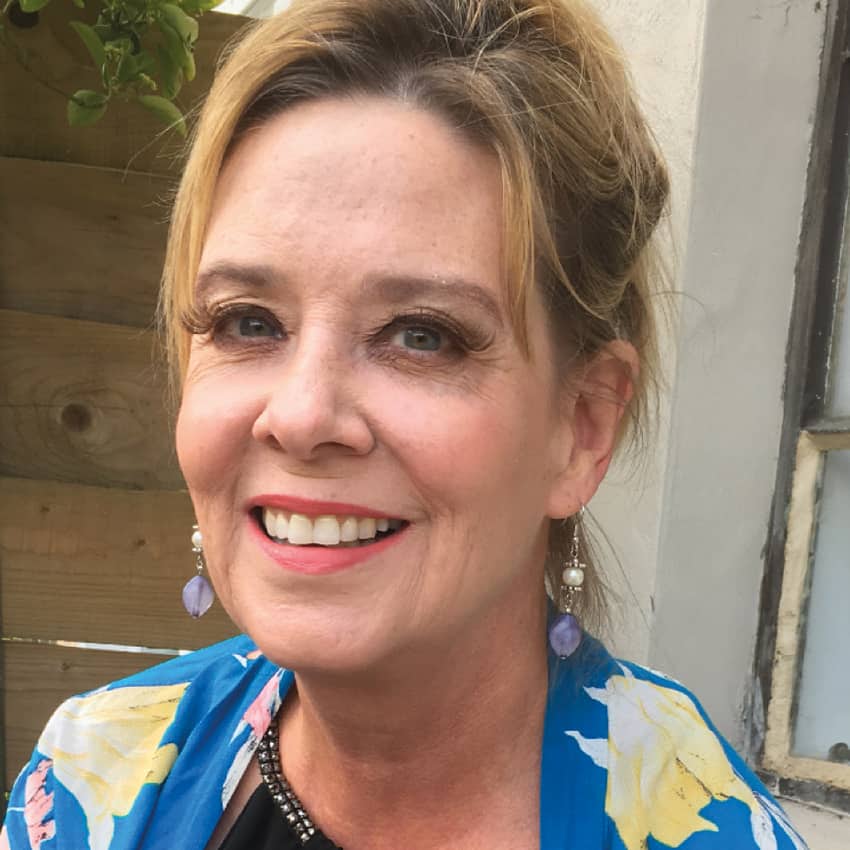Focus on storytelling
30th September 2022 | Journal Of Sales Transformation
When a group of non-native English speakers wanted to hone their English writing and speaking skills, they joined a programme exploring a range of literary genres via the work of a cross-section of authors. We set these business leaders the task of recounting their most memorable sales experiences in the Journal. In this special feature, we explore the rationale behind this approach and stories by four of the participants, each presenting a different facet of business life.
Finding your written and spoken voice
At the beginning of 2022 my colleague Dr Samuel O’Donoghue, Lecturer in Spanish Studies at Lancaster University, and I had a discussion with Carmen Fernandez, who is responsible for education and training in EMEA South at SAP. Many of the sales staff within Carmen’s remit wanted to improve their English writing and speaking skills, but she was unconvinced by the existing conventional language training provision.
Learning could be more than simply gathering knowledge.
As one of her colleagues who subsequently enrolled on our Finding Your Written and Spoken Voice (FYWSV) programme pointed out, “What is offered is the same old vocabulary geared to what we do. I wanted to expand my vocabulary.” Carmen knew that she and her colleagues wanted something completely different.
When Samuel and I proposed a course of learning more sophisticated and nuanced English by engaging with literary works, Carmen was intrigued. We worked together to develop a course for non-native-English executives with the aim of making them more confident users of the English language. We launched FYWSV in March 2022. As a participant herself, Carmen observed that they were learning to use words and phrases that they did not “ordinarily come across” in their day-to-day work and were developing their own “distinctive voices through an engagement with literary texts”.
We met virtually for 90 minutes every other week for four months and offered one-to-one tutorials. The students were introduced to a range of genres – biography, memoir, fiction, essays, short stories – and to a range of writers: Miguel de Cervantes, Marcel Proust, James Baldwin, Robert Caro, and Irvin Yalom.

One of our students commented on the efficacy of this exposure to literary texts in language learning: “The use of literature is one of the most effective techniques to improve the English skills of the participants. The seminars definitely made students more confident in communicating their thoughts and emotions. Another reported a broadening of his intellectual horizons: “The course showed me that that learning could be more than simply gathering knowledge.”
FYWSV was envisaged as an odyssey to becoming a more assured writer and speaker. In small, friendly discussion groups we explored the techniques of structuring a piece of writing and how to hold a reader’s interest. We looked at how to tell fresh and compelling business stories and how to communicate clear ideas to peers, clients, and the wider world. Students learned to draw on their life stories in writing and presenting. Ultimately, they were able to develop their own voices: “FYWSV helped me to realise my full potential as an industry leader. I am now able to reflect more precisely on how I communicate.”
For more information please contact Dr Christine Eastman: ceastman@consalia.com.
Focus Fridays
How a dedicated learning and planning day enhances well-being and encourages self-development.
Last year we decided to pilot an idea in Global sales learning. The idea was to designate Fridays as the specific day for training and planning the next week. The objective was to create change around our meeting culture, to prioritize our health and well-being, and to make sure we are focusing our time and energy in areas aligned to SAP’s strategy. With the introduction of Focus Friday, everyone has the opportunity to focus on their own professional development goals, finalize any pending tasks and review what happened during the week.
PLEASE NOTE: Subscriber-only content – To read the full article, please login or purchase a subscription. Subscription Options Login

